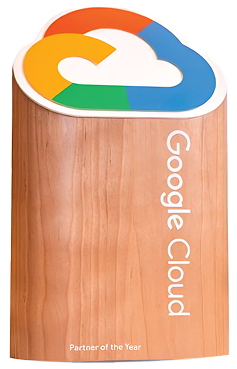Five Major Differences Between OneDrive and SharePoint
Should our business document go into OneDrive or SharePoint? Companies that are planning to migrate to Office 365 from other cloud services often get confused by the similarities between OneDrive and SharePoint. Both services are available in all four Office 365 business plans. Built on the SharePoint platform, OneDrive is more of standard cloud storage and collaboration service. SharePoint, on the other hand, offers more to business users in terms of collaboration.
In this article, we discuss the major differences between OneDrive and SharePoint.
Individual Use vs. Team Use
OneDrive (OneDrive for Business) is primarily meant for storage and sharing. The service is more of a storage solution for an individual business user. OneDrive for Business allows its users to create or upload documents and share them with their coworkers.
SharePoint is all about teams. Unlike OneDrive, SharePoint has shared document libraries. In SharePoint, documents are stored in team sites. The documents are available for all the members in a team and no needs to share them explicitly.
Content Ownership & Permissions
In SharePoint, a file or folder in a team site can be owned by an individual or the entire group depending upon the user’s permissions. When it comes to OneDrive, a user is always in control of the data they own.
Permission management in SharePoint is controlled by the select users who are usually in charge of teams or functions. Permissions are more centralized in SharePoint. In OneDrive, a user is the in-charge of their data. They can share their documents with the team or keep their content completely private if they need it that way.
Collaboration
OneDrive is known for its simplified collaboration features. OneDrive collaboration is lightweight and not as complex as SharePoint. The features just work fine for many companies.
SharePoint offers a full set of collaboration features and functionalities that make it ideal for companies with complex workflows or processes. In addition to being a content repository, SharePoint offers a full suite of advanced features such as mailbox, webpages, custom lists, calendars, etc.
Extensions and Add-Ins
OneDrive for Business doesn’t support extensions on a service-level. SharePoint, on the other hand, supports complex workflows with the help of add-ins or extensions. Such SharePoint extensions can be found in Microsoft Store or developed independently.
Use Cases
OneDrive is often an ideal solution for small companies with fewer employees. Irrespective of the employee count, OneDrive can be an ideal choice for companies that require less collaboration and more storage.
SharePoint is ideal for large organizations or companies that are project-driven. There are many companies that use both OneDrive and SharePoint.
Are you planning to migrate to Office 365? Contact us today to learn how CloudFuze can help you migrate to OneDrive for Business/SharePoint from your existing cloud service.

Leave A Comment